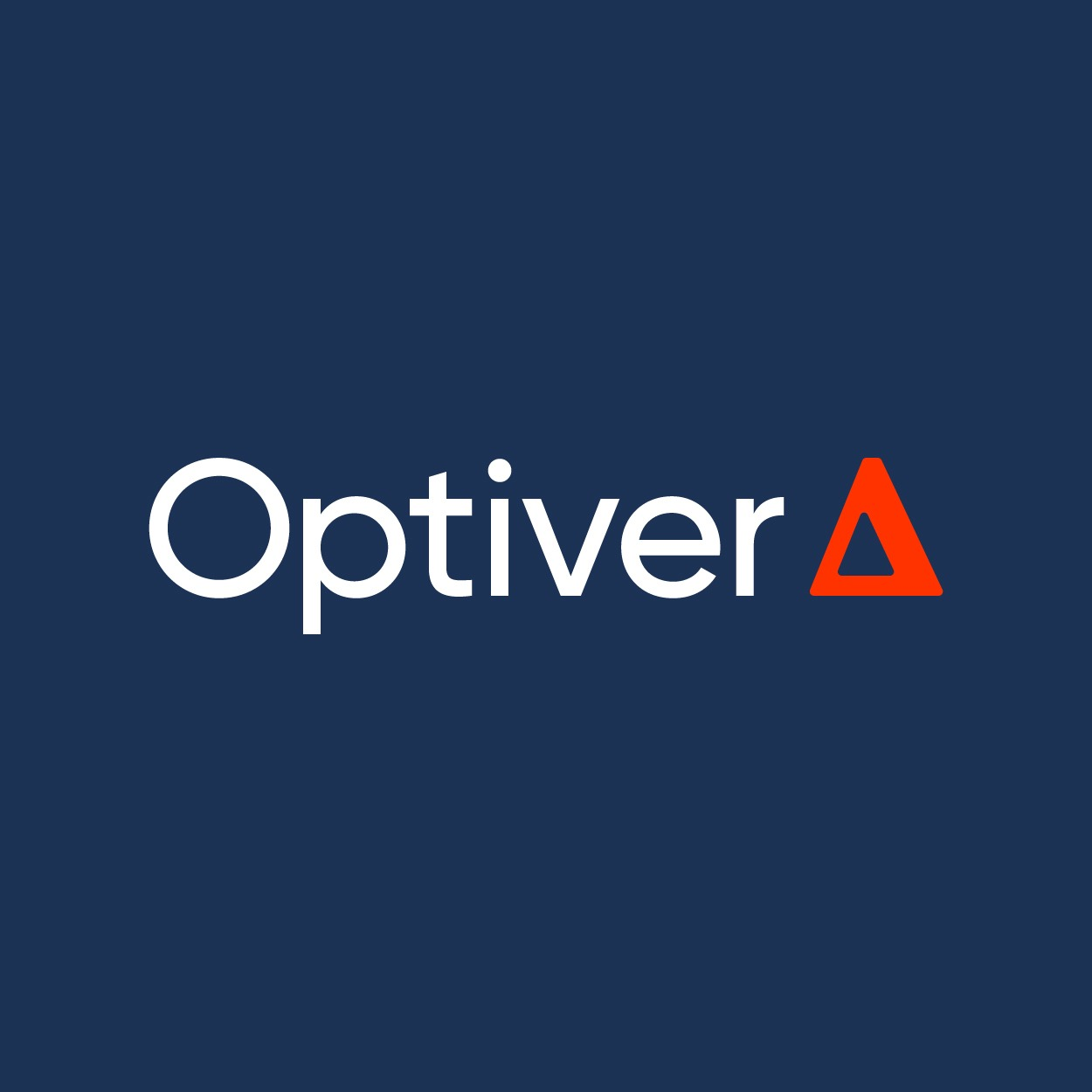
Optiver
Concert Tickets
Question Metadata
- Interview Type
- technical
- Company
- Optiver
- Last Seen
- Within the last month
- Confidence Level
- High Confidence
- Access Status
- Requires purchase
Purchase access to view the full interview question
Optiver's interview process is renowned for its rigor and emphasis on assessing both technical proficiency and cognitive abilities. Candidates can expect a multi-stage evaluation that includes online assessments, technical interviews, and behavioral interviews. The process often begins with an online assessment featuring coding challenges, followed by interviews that test system design, IT fundamentals, and problem-solving skills. Behavioral interviews focus on understanding a candidate's motivations, teamwork, and adaptability. Feedback from candidates indicates that the process is demanding, with a strong emphasis on technical expertise and quick thinking. (optiver.com)
For the "Concert Tickets" problem, Optiver is likely evaluating a candidate's ability to design and implement a system that processes real-time, streaming data efficiently. This involves handling interleaved data packets, ensuring data integrity, and making prompt decisions based on incoming information. The problem tests skills in concurrency, data synchronization, and real-time processing, which are crucial in trading systems where timely and accurate data handling is paramount.
Assessment Rubric Overview:
-
Core Competencies and Skills:
- Concurrency and Parallelism: Demonstrating the ability to manage multiple data streams simultaneously, ensuring that the system can handle interleaved packets without data loss or corruption.
- Real-Time Data Processing: Designing systems that can process and respond to data as it arrives, with minimal latency, which is essential in trading environments.
- System Design: Architecting scalable and efficient systems that can handle high-throughput data streams, ensuring robustness and reliability.
- Algorithmic Problem Solving: Developing algorithms that can quickly and accurately process incoming data to make timely decisions, reflecting the need for rapid decision-making in trading scenarios.
-
Behavioral Traits and Problem-Solving Approaches:
- Analytical Thinking: Approaching complex problems methodically, breaking them down into manageable components, and developing logical solutions.
- Adaptability: Adjusting strategies in response to changing requirements or unexpected challenges, similar to the dynamic nature of financial markets.
- Attention to Detail: Ensuring accuracy in data processing and decision-making, as small errors can have significant consequences in trading.
- Stress Management: Maintaining performance under pressure, reflecting the high-stakes environment of trading.
-
Assessment Process Expectations:
- Technical Evaluation: Candidates will be assessed on their ability to design and implement systems that handle real-time, streaming data efficiently.
- Problem-Solving Exercises: Engaging in coding challenges that test algorithmic thinking and the ability to develop solutions under time constraints.
- Behavioral Interviews: Discussing past experiences, motivations, and how candidates approach challenges, to assess cultural fit and interpersonal skills.
-
Preparation Recommendations:
- Concurrency and Parallelism: Study concepts related to multi-threading, data synchronization, and concurrent data structures.
- Real-Time Systems: Understand the principles of real-time data processing, including latency optimization and throughput management.
- System Design: Practice designing scalable and efficient systems, focusing on handling high-throughput data streams.
- Algorithmic Practice: Solve problems related to data streaming, packet processing, and real-time decision-making.
- Behavioral Preparation: Reflect on past experiences, particularly those involving complex problem-solving, teamwork, and adaptability.
-
Evaluation Criteria and Technical Concepts:
- Concurrency Management: Ability to design systems that handle multiple data streams simultaneously without errors.
- Real-Time Processing Efficiency: Designing systems that process and respond to data with minimal latency.
- System Scalability: Ensuring that the system can handle increasing data volumes without degradation in performance.
- Algorithmic Efficiency: Developing algorithms that can process data quickly and accurately, even under time constraints.
-
Optiver-Specific Expectations and Cultural Fit:
- Technical Excellence: A strong emphasis on technical proficiency and the ability to solve complex problems efficiently.
- Adaptability: Comfort with dynamic environments and the ability to adjust strategies in response to changing conditions.
- Attention to Detail: Precision in work, as accuracy is critical in trading and financial systems.
- Stress Resilience: Ability to perform under pressure, reflecting the high-stakes nature of the trading industry.
By focusing on these areas, candidates can prepare effectively for Optiver's interview process, aligning their skills and experiences with the company's technical and cultural expectations.
Other verified questions from Optiver